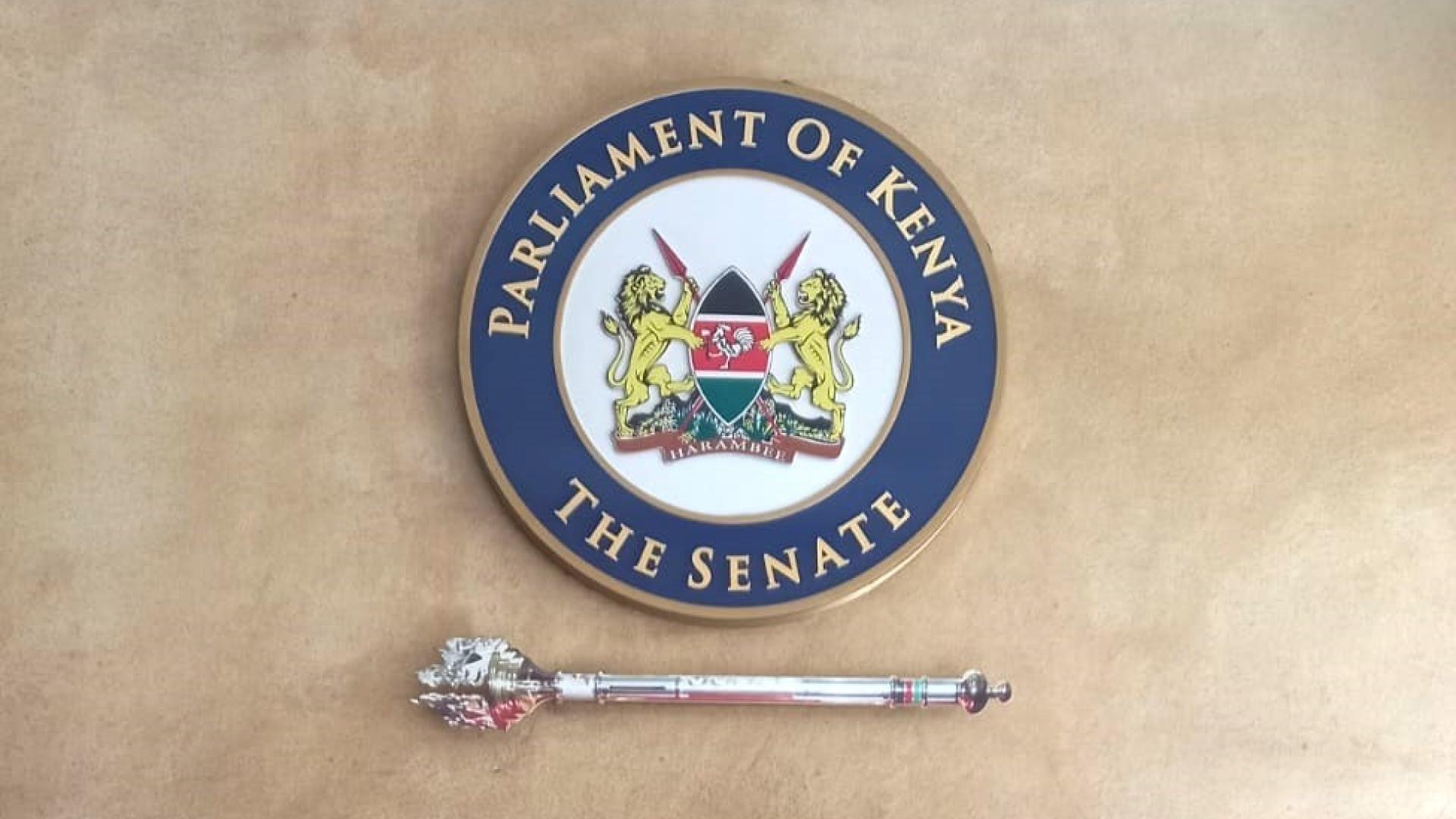Hospitals and mortuaries could soon be barred from detaining patients and bodies over unpaid medical bills if a proposed amendment to the law is approved.
The Health (Amendment) Bill, 2025, sponsored by Nyamira Senator Okong’o Mogeni, aims to outlaw the practice, arguing that it infringes on fundamental rights protected by the Constitution and international agreements Kenya has ratified.
Mogeni emphasized that restricting a person’s liberty due to outstanding medical fees is a violation of rights.
"The right to liberty is not violable, and a person’s liberty can only be curtailed by procedural laws," he stated.
He referred to Article 9(1) of the International Convention on Civil and Political Rights, which Kenya has ratified, affirming that no one should be arbitrarily detained without proper legal procedures.
The senator further argued that detaining bodies over unpaid hospital bills serves no purpose.
"When one dies and they are not able to pay the hospital bill, you achieve nothing by detaining the body. A lifeless body has no value," he explained.
"The best thing to do is to sue the deceased’s estate that includes property, assets, liabilities, and debts belonging to the person when they died after the burial."
The proposed amendment aligns with Article 28 of the Constitution, which guarantees every individual’s dignity and the right to have that dignity respected.
Additionally, Mogeni pointed out that Article 39 protects freedom of movement, which is violated when hospitals detain patients who are unable to clear their medical bills.
Despite existing legal provisions, such as Section 137 of the Penal Code, which criminalizes obstruction of a burial, hospitals and mortuaries have continued detaining bodies over unpaid bills.
Public health policies also require that bodies be interred within six months.
However, the proposed bill does not stipulate specific penalties for institutions that fail to comply. Instead, it states that "The Cabinet Secretary may make regulations for recovery of fees paid to access services in a health facility."
Mogeni noted that the courts have previously ruled against the detention of patients and bodies over medical bills.
"Our courts have on numerous occasions been faced with cases revolving around detention of patients by hospitals for nonpayment of bills," he said.
In 2021, Justice Weldon Korir ruled that holding patients or bodies due to unpaid bills was unlawful and unconstitutional.
Similarly, in 2023, Kirinyaga Woman Representative Njeri Maina sponsored an amendment to the Health Act that not only outlawed such detentions but also imposed a Sh1 million fine on violators.
Maina argued that African communities maintain a strong cultural connection to their deceased relatives, making it unjust for hospitals to withhold bodies over outstanding bills.
If enacted, the bill would provide a clear legal framework to prevent hospitals from detaining patients and bodies over financial disputes.
It would push health facilities to seek alternative ways of recovering outstanding fees rather than violating patients' rights and causing distress to grieving families.
